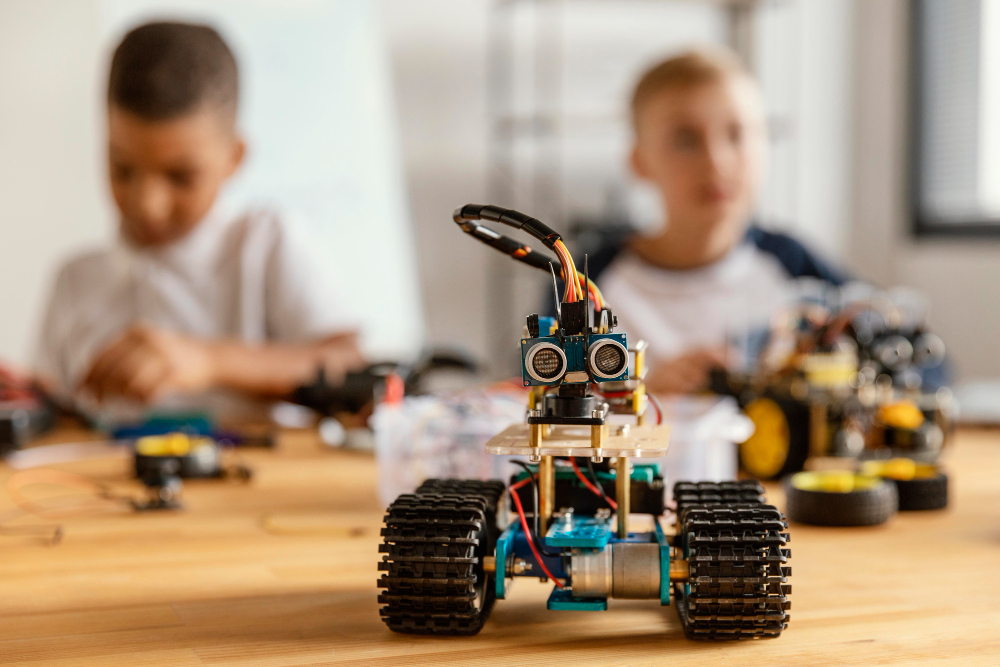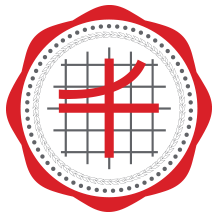Club: Applied Biomedical Engineering and Robotics Project Club
Teacher’s name:
Ardra Asok
ardra.as@spip.in.th
Students learning outcomes
- Life and career skills
- Critical thinking and problem solving
- Creativity and innovation
- Computing and IT literacy
- Social and cultural awareness
- Collaboration teamwork
- Scientific literacy
- Data analysis and numeracy
- Graphic design knowledge
- Entrepreneurship
- Leadership and Organize
- Communication skills
Club Description
The Biomedical Engineering Project-Based Learning Club is designed for KS4 students with genuine interest in biomedical engineering and experience in Arduino-based programming. Students will engage in various hands-on projects—such as patient monitors and prosthetic devices—developing practical skills while building a strong portfolio for future academic and career goals. The club promotes teamwork, creativity, and problem-solving in healthcare challenges. Depending on student availability and passion, it may also expand to robotics projects. Additionally, students will present, document, and showcase their projects, gaining valuable experience in communication and project management.
Club Member
20 students
Materials needed
- Basic Materials Needed:
Arduino starter kits (including Arduino boards, USB cables, and breadboards)Sensors (e.g., pulse oximeter MAX30100/MAX30102, EMG sensors, temperature sensors like DHT11/DHT22, GSR sensors)Actuators (motors, servos for prosthetic or robotic projects)
Wires and connectors (jumper wires, alligator clips)
Basic electronic components (resistors, capacitors, LEDs, push buttons)
Basic hand tools (wire cutters, screwdrivers, pliers)
Project documentation materials (notebooks, cameras, or devices for recording progress)


